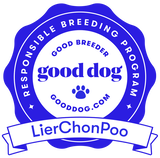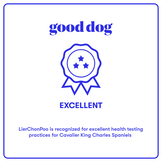|
If you Google "MegaChon" you won't find much, in fact it will auto correct to MegaCon (comic book and sci-fi conventions) but we promise this is a real thing. For proof, we've asked a few owners to share photos of their beloved MegaChons. So what exactly is a MegaChon? It's simply a Cavachon who is significantly larger than expected and larger than both parents. They aren't fat, they're just big. Some are long. Some are tall, Some are both. When I had my first MegaChon (Oattie, who is currently 12 years old and 25 pounds), I thought he was rare! How did a dog bred from an 11 pound Bichon and a 14 pound Cavalier hit 25 pounds in 18 months? Over the years, thanks to the many Cavachon and related dog forums, Oattie and I have learned we are not alone and in fact there are many MegaChons roaming the earth and even those who were originally hoping for a smaller dog end up loving this overgrown couch potatoes (although many of us wear of explaining that they aren't a small labradoodle). When Oattie was born, he was not the largest puppy in the litter. The others ended up around 14-15 pounds. At that time, we didn't have doggy genetics but today we do and so this phenomenon can actually be explained. Before getting in to the genetics, there is one obvious (and somewhat dubious) explanation for some MegaChons. If you did not see the parents, it's simply possible that the breeder is breeding a Bichon and Cavalier that don't meet their breed standards (i.e. they are larger than what's considered normal per the AKC). Breeders may specifically do this in hopes of larger litters as larger females are often able to successfully carry more pups. If you truly want a smaller dog (perhaps for travel purposes), make sure you ask to see both parents and get their adult weight and size as well of photos with them compared to objects in the home (it's sometimes hard to determine size without seeing it relative to another object). Now, assuming you know your dog's parents were standard (or even small) for their size then you can rest easy knowing that your MegaChon is simply a gentic phenomenon much like the 6'2" son I have (I'm 5'3"). Dog size is a complex trait and despite the best guess of even the most experienced breeder, variations do occur. Approximately 85% of dog size is genetic but the remainder is environmental (nutrition, etc.) or unexplained according to Embark DNA panels. In the case of the MegaChon, I've provided a couple of screenshots to demonstrate how this can occur. Screenshot #1 - Layla. Layla is one of our female Bichons weighing in at just under 10 pounds (exactly what Embark predicted her adult weight would be). This puts her well within breed standards BUT you can see from the screenshot below that she carries some alleles for larger size traits. Screenshot #2 - Bentley. Bentley is one of our male Cavaliers who weighs just over 15 pounds despite an Embark prediction that he will weigh 21 pounds. Standard weight for Cavaliers is 13-18 pounds so he's within range but smaller for a male. We chose Bentley for this comparison b/c his genetics differ from Layla although both are average or small. As a breeder, logic might have us assume that a Bichon weighing in at 10 pounds being bred to a Cavalier weighing in at 15 pounds will produce puppies somewhere between 10-15 pounds. The breeder might also make educated guesses within the litter about future size based on birth weight, sex and whether they carry more Cavalier or Bichon genes in appearance. Prior litters are also helpful in these educated guesses. Many times, the breeder will be right. However, looking at these screenshots we can now understand that our lovable MegaChons are nothing more than a combination of genetics where a puppy ends up with all the "larger" or "intermediate" genes from both parents and suddenly outgrows them both. In our hypothetical one puppy could carry for Larger, Larger, Intermediate, Intermediate and Larger from two relatively small parents. Combine this with environmental factors and you can have an unexpected Magachon.
Those of us with MegaChons would not change them for the world; however, if you specifically want to avoid a MegaChon (perhaps for purposes of in-cabin air travel) or you specifically want to find a MegaChon (they are a great alternative to larger Doodle breeds), Embark's DNA panel can help eliminate or increase your chances by having your prospective puppy screened before purchase. While their size predictor isn't 100% accurate, it's truly the best guess at how much your adult dog will weigh!
10 Comments
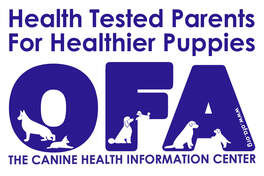 TThe OFA - or Orthopedic Foundation for Animals is a fantastic organization that can really help you in your puppy search. Whether you are searching for a healthy Cavalier King Charles Spaniel or a related hybrid, don't neglect to check the OFA for information on your puppies parents. Here's what you need to know: OFA VERSUS AKC - WHO DOES WHAT? - There is a huge difference between the AKC and the OFA. The AKC is the American Kennel Club. This organization is responsible for keeping the registry of purebred dogs in the United States. The fact that a dog is registered with the AKC means nothing more than the fact that it was born of two purebred dogs who are also registered. While purebred parents is important (even in hybrids as the point is an intentional cross of two purebred dogs), it is not an indicator of health, solid DNA or anything else. In fact, there are many AKC registered dogs that are the result of overbreeding, are unhealthy and who don't meet the breed standard as recognized by the organization. On the other hand, the OFA is now the repository for both DNA and medical testing of dogs. Although initially this only applied to orthopedic type testing (hips, patellas), they have expanded their mission “to improve the health and well-being of companion animals through a reduction in the incidence of genetic disease.” HOW CAN I USE THE OFA IN MY PUPPY SEARCH? - In order to use the OFA to search your potential puppies genetic and medical history, you first need the full name or registry number for both parents. Anyone selling purebred Cavaliers will have this readily available. Those breeding F1 Cavachons and Cavapoos may also be able to provide you with this information. Registry numbers can also be pulled from AKC pedigrees, as can full names. If your Cavalier breeder refuses to provide you this information, this is a potential red flag. If a hybrid breeder doesn't have the information, it's worth a conversation to make sure they are DNA testing their breeding stock as well as having them screened for health issues such as hearts, hips, eyes and patellas. Once you have the information, proceed to www.ofa.org and follow the instructions below:
We hope this post was helpful in explaining how the OFA can be a great resource for anyone looking to invest in a properly bred puppy. In future posts, we will break down both DNA and OFA testing results by Cavalier, Cavachon and Cavapoo as well. Please feel free to email us if you have any questions on the search for your perfect pet. |
FTC DISCLOSURE
This blog contains affiliate links. I may earn commissions from qualifying purchases made from links on this blog. We do not recommend any products that we do not purchase and use for our dogs. Categories
All
Archives
April 2024
|
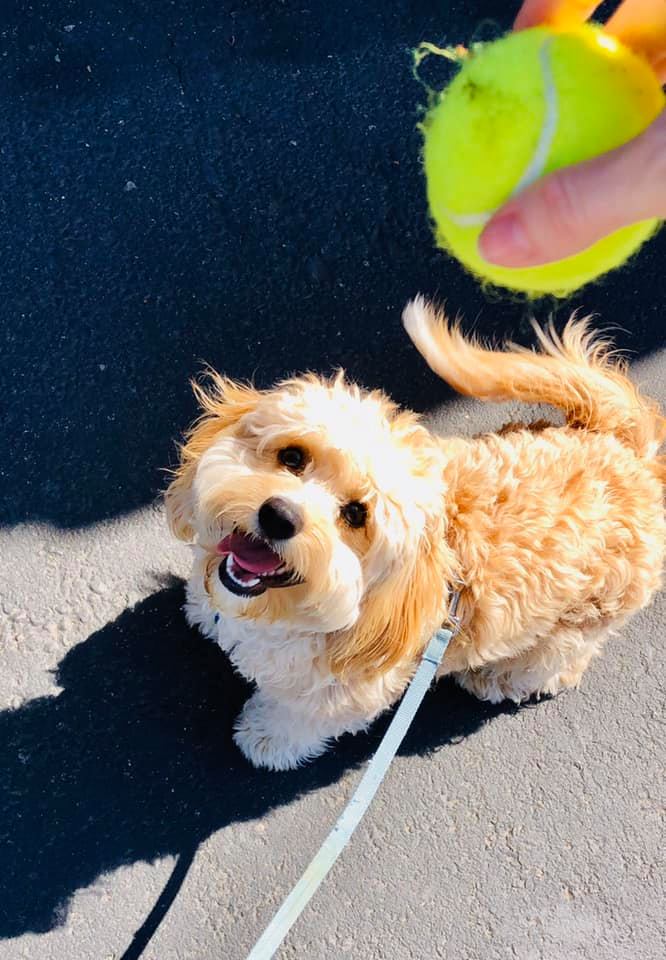
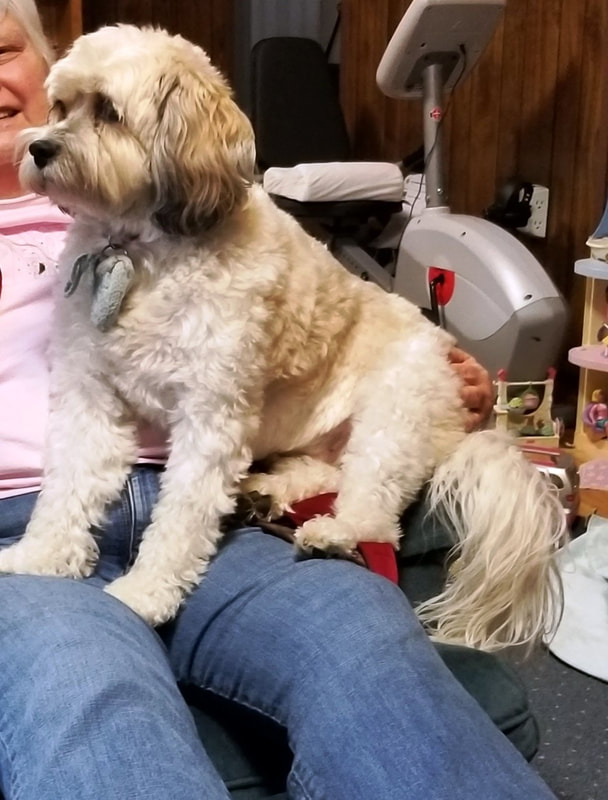
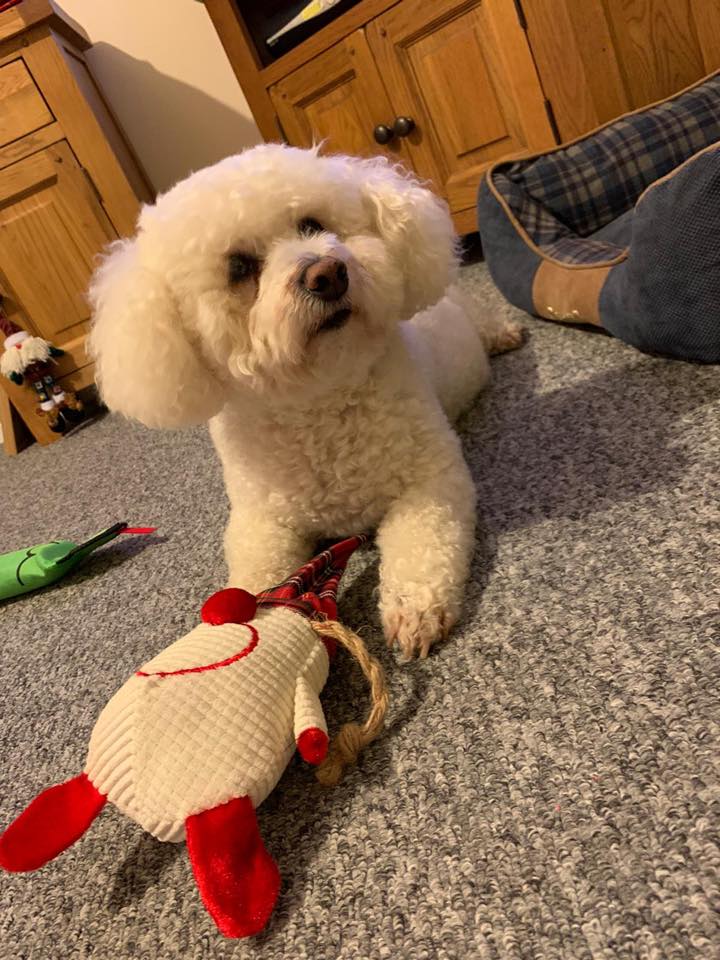
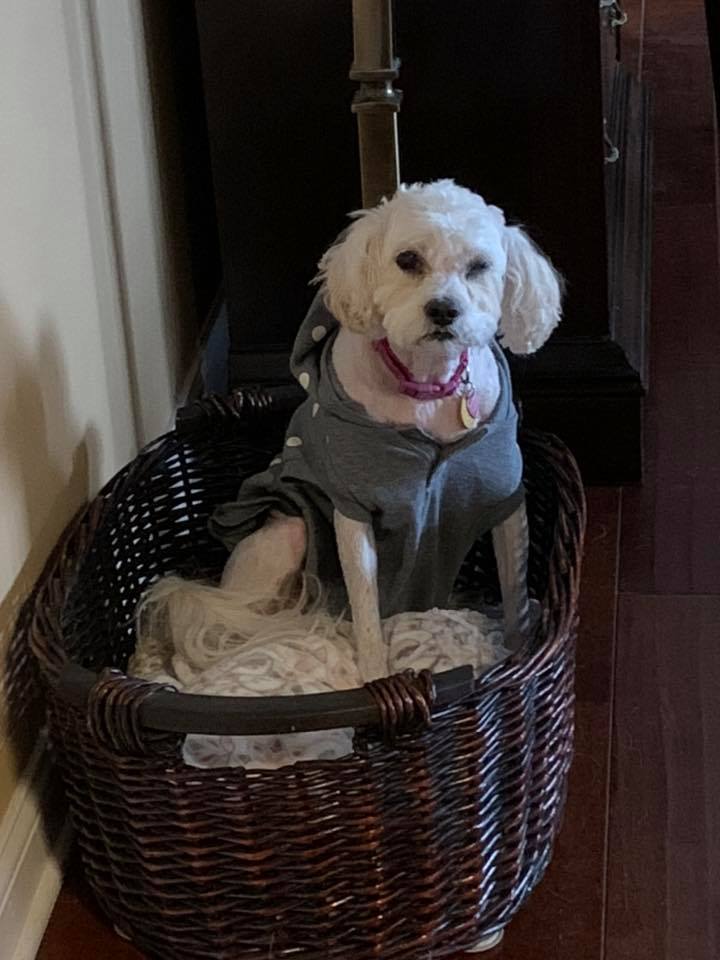
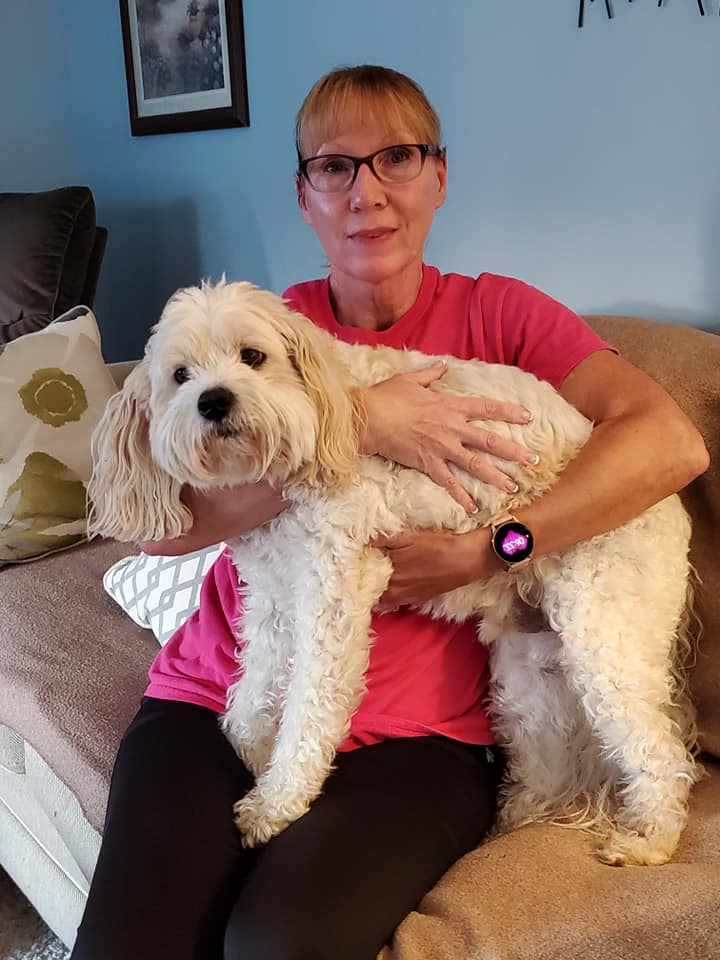

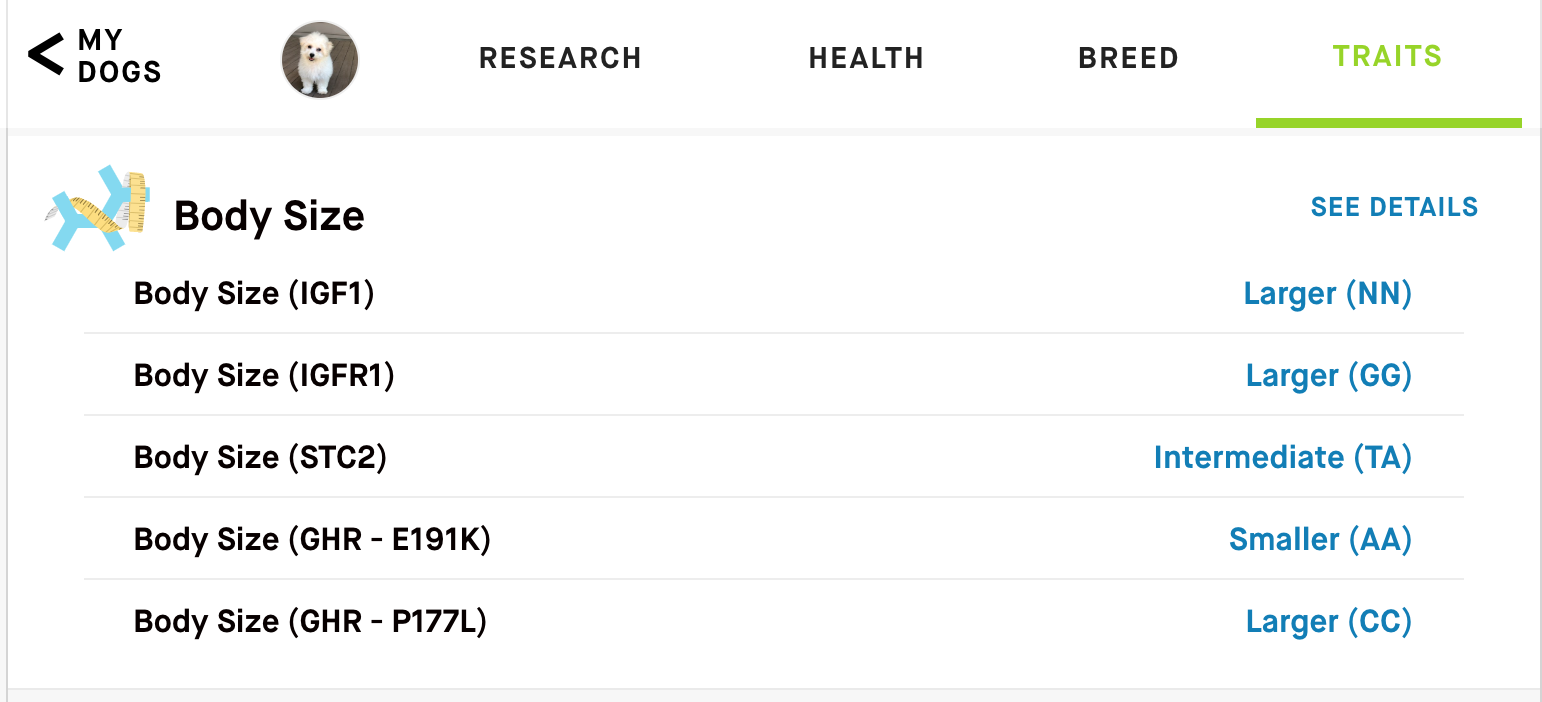
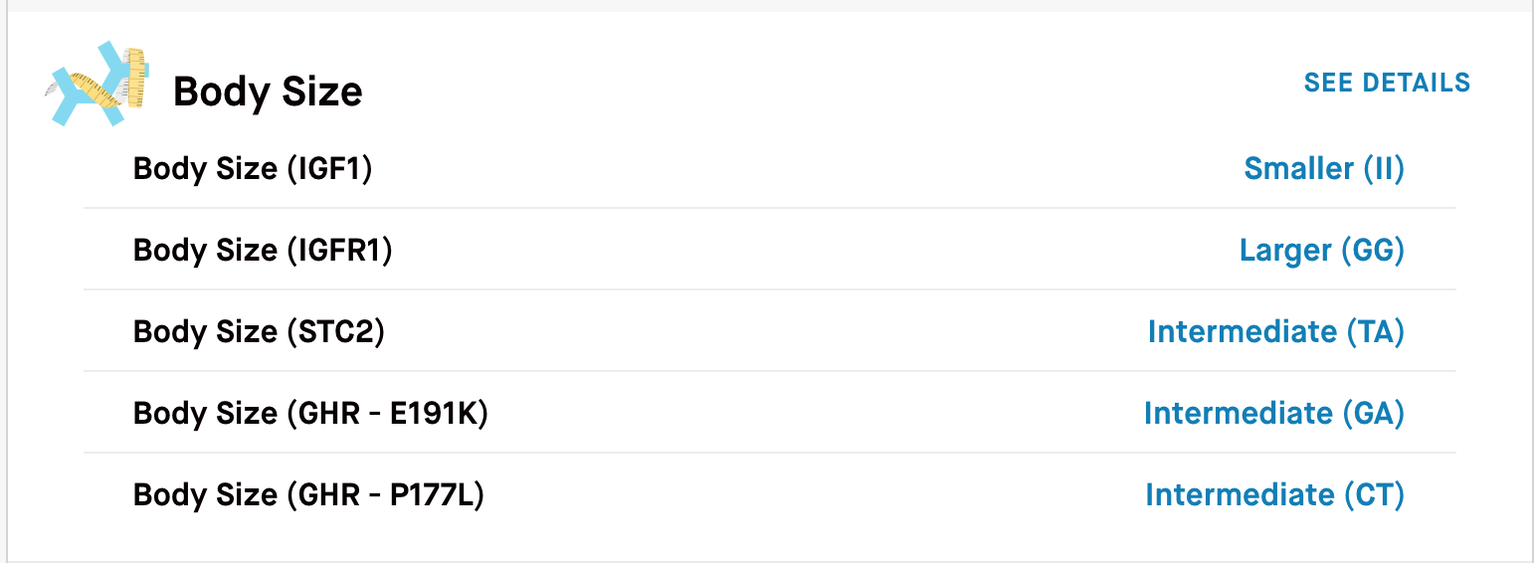
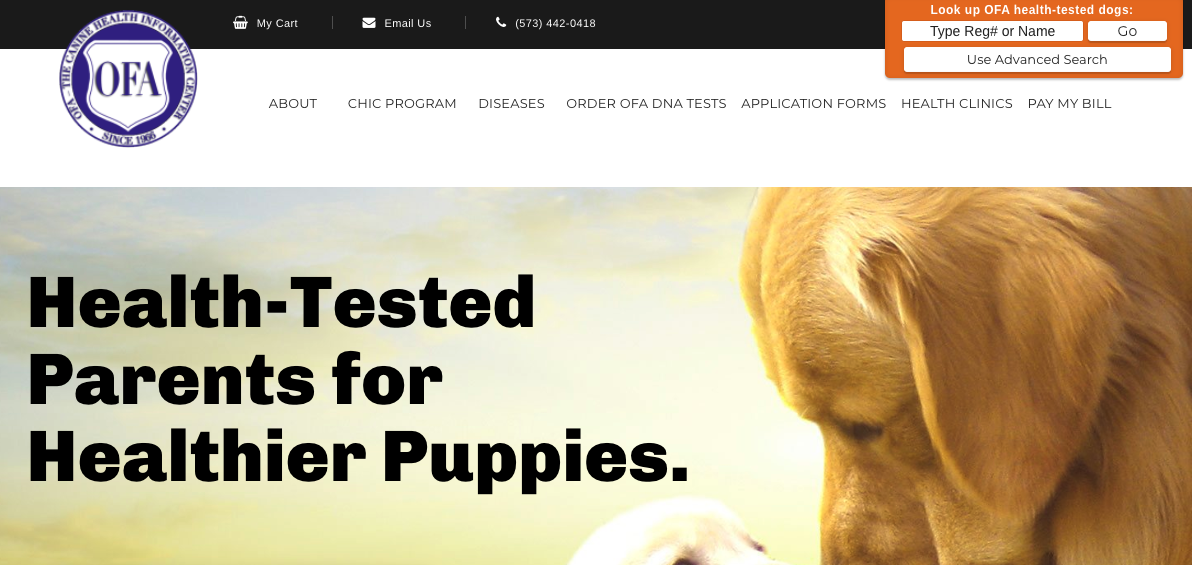
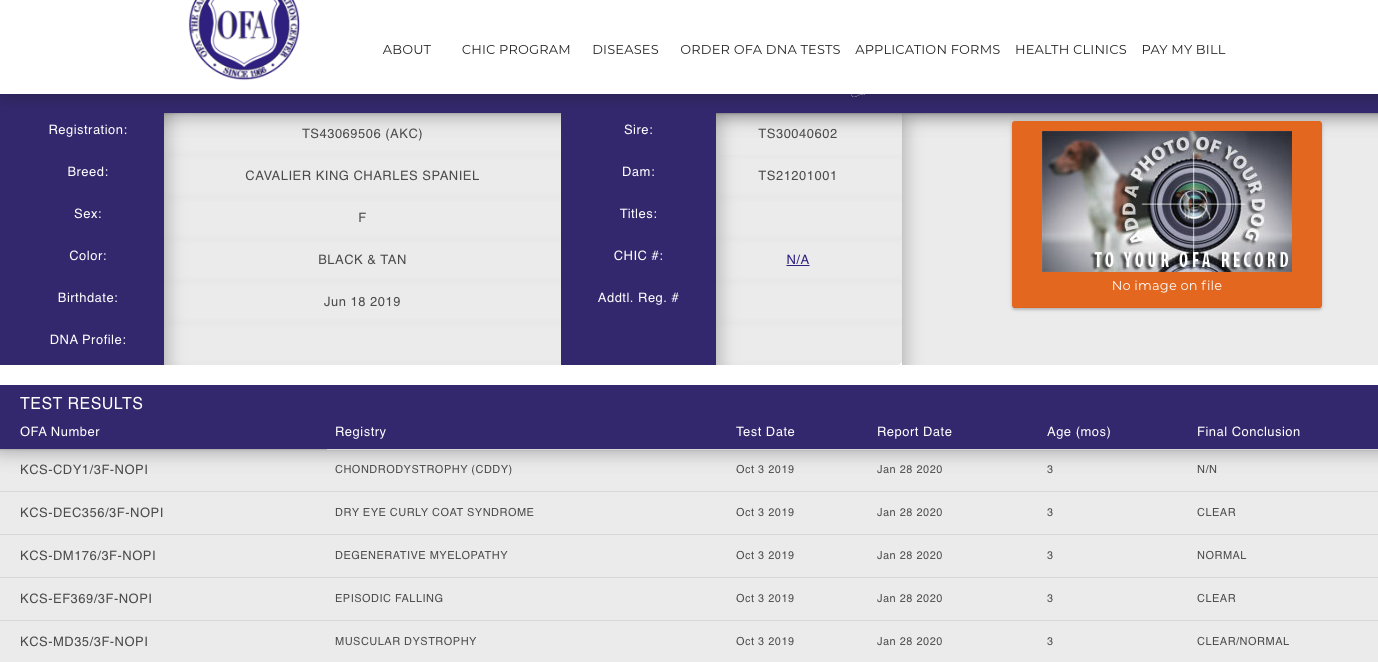
 RSS Feed
RSS Feed
